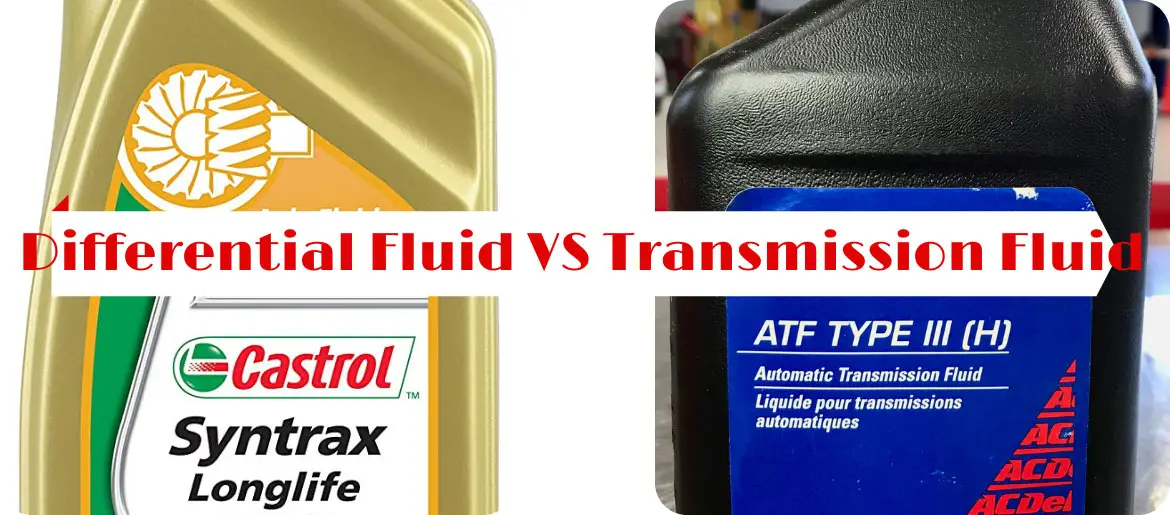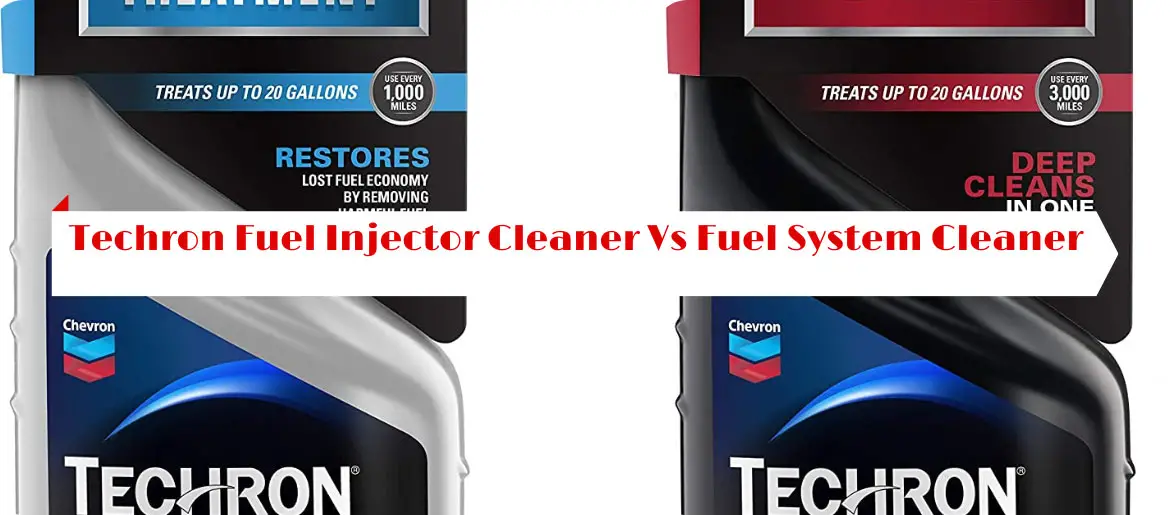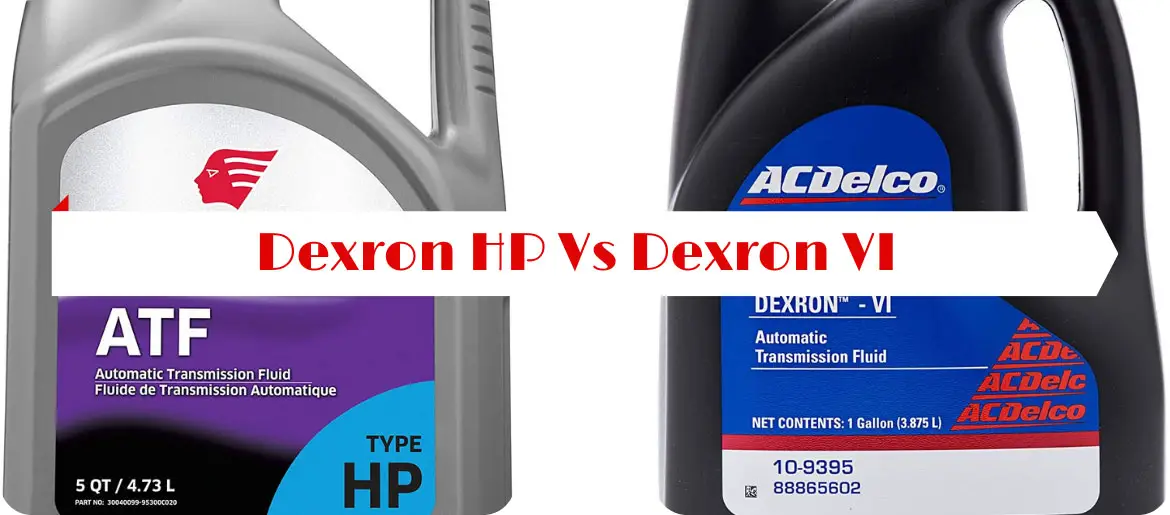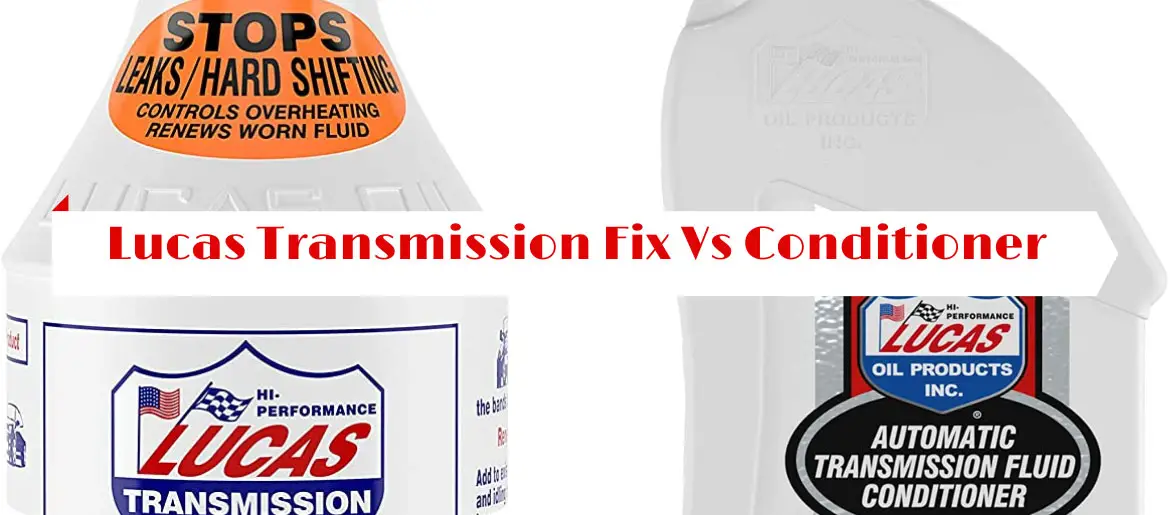Differential Fluid VS Transmission Fluid
Is differential fluid the same as transmission fluid? No, they are not the same fluid even though both of them are used for the same purpose.
These fluids help the transmission system in changing gears for controlling the speed, force, and direction of the car. However, the main aspect that distinguishes them is their area of operation. Yes, while differential fluid is used in manual transmission or gearboxes, transmission fluid works the automatic transmission systems.

Having a clear idea about these automotive fluids can make or break your car. Why? Because using the wrong fluid can result in complete engine failure.
So, read on to know everything regarding differential fluid vs transmission fluid.
What Is Differential Fluid?
Differential fluid is mainly used in manual transmissions. The first thing you’ll notice about this fluid is its thickness and smell.
This fluid is made extra thick for properly lubricating the gears. Sulfur compounds are added as a lubricating additive. So, you’ll definitely notice the reeking smell of sulfur.
There is no difference between gear oil and differential oil. These terms are used interchangeably to refer to the fluid that’s used for lubricating gears in manual transmission.
What Is Transmission Fluid?
Transmission fluid is a thin lubricating fluid used to protect the components in the transmission system. It also transfers power from engine to transmission.
This hydrocarbon fluid is generally red. It can prevent debris build-up utilizing its detergent components. It is used as a coolant too.
Differential Fluid & Transmission Fluid Differences
1. Area Of Operation
1.1. Differential Fluid
The principal difference in gear oil vs transmission fluid is the area of operation. Differential or gear oil operates in the manual gearbox.
In a manual system, two gears and a shaft mesh together when the driver engages the clutch. As a result, a high amount of friction and heat is generated.
Gear oil lubricates all the moving parts and helps the gears to shift smoothly. This also prevents premature wear of the gears.
1.2. Transmission Fluid
Transmission fluid is used in the automatic transmission system. Here, multiple gears shift automatically with engine demand. This system includes additional moving parts which more delicate.
For proper operation, transmission fluid flows from the oil pump to the clutches. So, it’s used for power transfer as well as lubrication.
2. Viscosity
2.1. Differential Fluid
This fluid is far thicker than transmission fluid. It possesses a viscosity of 7W-90. High viscosity minimizes the friction by keeping the gears lubricated at all times.
Another benefit of thick consistency is that the components stay cushioned against sudden impact.
2.2. Transmission Fluid
Transmission fluid is a low viscosity fluid. It needs to be thin enough to flow from engine to transmission and lubricate the delicate components.
Hence, the viscosity is kept between 0W-5 to 5W-10.
3. Heat Resistance
3.1. Differential Fluid
As a result of high friction, the temperature in a gearbox is generally extremely high. So, differential fluid has great heat resistance. It can keep the temperature in control by transferring heat outside of the gearbox.
3.2. Transmission Fluid
Transmission fluid also transfers heat away from the transmission system. However, it has a lower boiling point. So, it tends to boil away and deplete sooner. To prevent this, additives are added to the transmission fluid.
4. Anti-Foaming & Cleaning Capability
These are two features that draw a distinction in gear oil vs transmission oil. Transmission fluid contains detergents that can clean any build-up between the gears. And it also has the anti-foaming capability that can prevent damage from air exposure.
However, gear oil doesn’t contain any of these features.
5. Replacement
5.1. Differential Fluid
You should change your gear oil after 50,000 to 60,000 miles of driving. However, if you notice any leak or burning smell, you get the oil checked immediately.
5.1. Transmission Fluid
Transmission fluid has a longer lifespan than differential fluid. Some manufacturers claim transmission fluid can last the lifetime of a car. However, you should check the fluid level every 30,000 to 100,000 miles.
FAQ
How Much Does It Cost To Replace Differential Oil?
You’ll have to spend somewhere between 80 to 140 dollars for a complete differential oil replacement.
Can Transmission & Differential Fluid Be Used Interchangeably?
No, Transmission fluid is thinner than differential fluid so it can’t lubricate the gearbox. And differential fluid doesn’t include the additives required to protect the automatic transmission system. So, they can’t be used interchangeably.
What Happens If Differential Fluid Levels Go Down?
For lack of lubrication, the gears will begin to grind. As a result, metal parts will flake off the components and damage the differential.
What Are the Symptoms Of Low Transmission Fluid?
A few common symptoms of low transmission fluid are: grinding or whining noise, leaking fluid, burning smell, and slipping gears.
Wrapping It Up
Knowing the differences between differential fluid vs transmission fluid is a must for every car owner. Hopefully, you’ve got a clear idea about their differences by now. Both these fluids are extremely important for running the vehicles smoothly and efficiently. Go through the user manual of your car to find which fluid you need. And always get the fluid levels checked after the required period to keep your car in its best shape.






